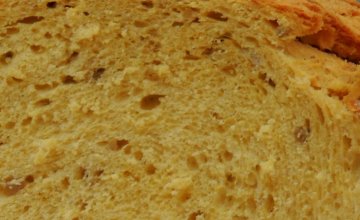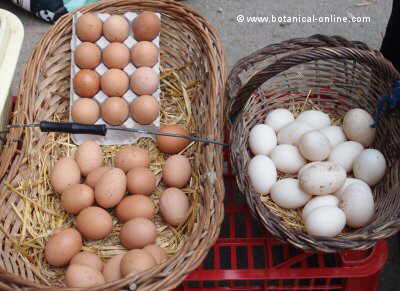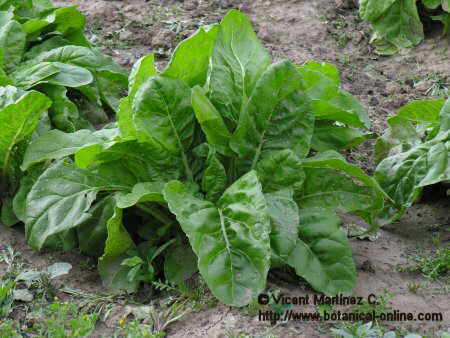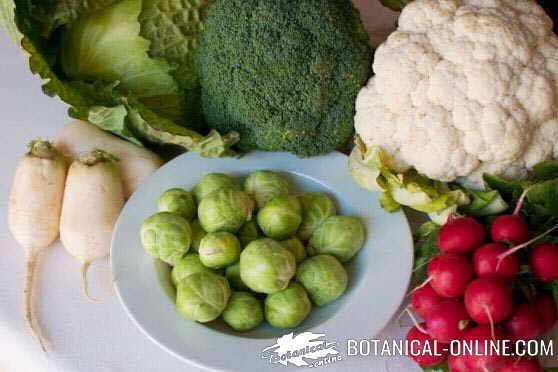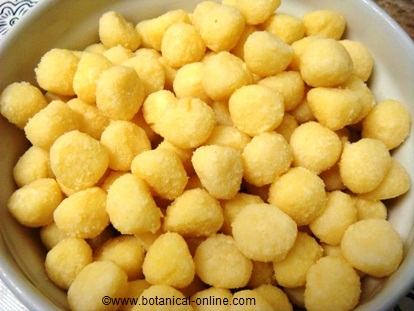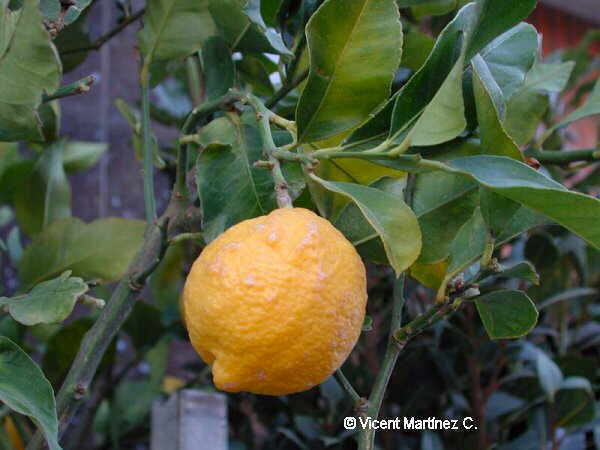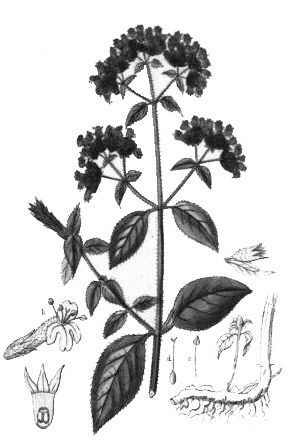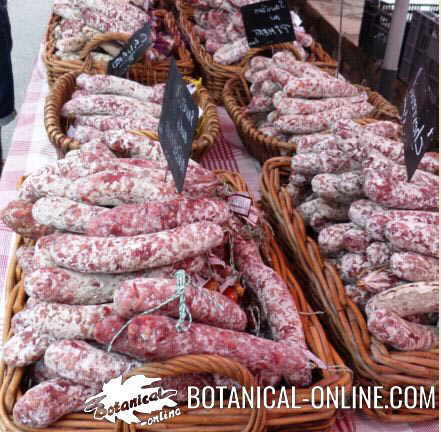Contents
Stress nutrition. Adequate food to reduce stress
Effects of stress on nutrients
Stress has an effect on the consumption of nutrients. Some of them are specially used to deal with stress so you can experience a possible deficiency.
Vitamin C, proteins, and certain minerals, such as potassium, calcium and sodium, can be overused. Stress diet must provide these nutrients to recover the equilibrium.
It has been demonstrated that foods rich in magnesium, tryptophan and B vitamins (especially vitamin B12) can be very useful to combat stress
Vitamins for stress
– Vitamins of group B can be obtained from whole grains (wheat, oats, barley, etc.), Fruits (raspberries, currants), nuts (hazelnuts, almonds, walnuts) vegetables (cabbage, cauliflower, spinach, radishes, endive, radishes, lettuce…) yeast, and so on.
Maize is one of the foods richest in vitamin B1, which has proven very valuable in the treatment of stress.
Cobalamin and stress
Cobalamin is very important for the nervous system. Cobalamin (Vitamin B12) can be obtained from following sources:
– Foods from animal origin: One of the richest foods are clams. (Every gram of this seafood contains almost 1 mcg (microgram) of cobalamin. The liver, brain or kidneys are the richest food after clams (85 g. of beef liver contains 68 mcg of vitamin B12. The same amount is in liver chicken) Some fish, like tuna, sardines, are rich enough. Other foods with lower amounts are meat, eggs, milk and its derivatives. Normally, a not vegan diet provides the amount needed not be deficient in this vitamin.
– Plant foods: Plant foods contain very low amounts of this vitamin. Very strict vegans (those who do not eat eggs or drink milk) should take supplements of cobalamin. (Multivitamins contain the amount needed for a strict vegetarian should not eat any extra amount.) Lately, you can find plant products (fortified cereals) enriched with this vitamin that can help prevent a deficit. Other products such as soybean, wheat germ, brewer’s yeast, algae and mushrooms do not contain the necessary amount, especially for the elderly, children and growing people.
– Supplements of vitamin B12: The intake of vitamin B12 supplements may be needed in special circumstances where the diet may not meet individual needs. In this sense, it is recommended a daily intake of 100 to 400 mcg. (You can find this supplement in Pharmacies or health food stores. Take it according to the conditions of the patient information leaflet)
Vitamin C and stress
Vitamin C is especially used in situations of stress. Eating high- vitamin C food is very useful to prevent its deficiency. In reference to Vitamin C, peppers are one of the plants in the world that has more quantity. Citrus fruits are also very rich in this vitamin (orange, lemons, grapefruits, etc.). The richest food in Vitamin C is acerola.
Dark green leafy vegetables such as cabbage or broccoli are important sources of this vitamin.
Other plants that contain this vitamin include cauliflowers, radishes, Brussels sprouts, spinach, bananas, apples, melons, watermelons, carrots, pineapples, pears, papayas, barley, garlic, celery, peas, strawberries, grapes, figs, beans, chicory, blueberries, potatoes, avocados, soybeans, cherimoyas, pomegranates, coconuts, etc.
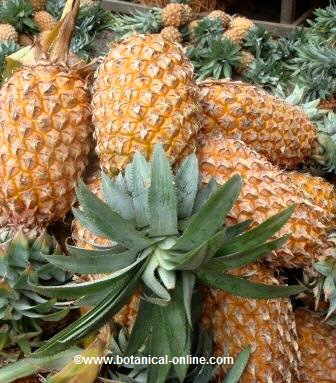
Pineapple
Minerals for stress
– Magnesium: Plants are rich in magnesium are beans, spinach, purslane, or wheat germ.
– Tryptophan: An essential amino acid whose power in the production of serotonin has been highly praised. Serotonin helps to eliminate stress. Tryptophan can be found in foods such as bananas, dates, lentils, peanuts, milk or their derivatives. If you want non-vegetarian diet you can eat meat or fish
Carbohydrates for stress
Stress supposes an increase of adrenaline in the body that leads to a faster metabolism with consequent higher consumption of carbohydrates, proteins or fats.
The brain senses this consumption and requires a higher intake of these nutrients, hence one of the most common reactions of people under stress is the desire to eat more food.
When we are very nervous or stressed we use to sit down in front of the television and we desire to eat and drink things, especially sweet food or sweet drinks.
Carbohydrates can play an important role in controlling stress. There is evidence that a diet rich in complex carbohydrates helps feed the brain and reduces the stress level is this organ. Ingestion of complex CARBs calms the brain and provides greater peace to the whole organism.
Which food has carbohydrates?
The main foods that contain complex carbohydrates are whole grains (wheat, oats, rice, etc.) and its derivatives, such as pasta, noodles, spaghetti, etc.); legumes (beans, chickpeas, lentils, soya beans, peas, etc.); vegetables (potatoes, onions, spinach, carrots, etc.) and fruit (apples, pears, peaches, plums, etc.).
Avoid foods containing simple carbohydrates such as sugars or refined products. Although they can quell brain cravings immediately, later on, they incite the body to an uncontrollable desire to keep on eating, so they contribute to a too high intake of calories that may be responsible for developing overweight or obesity.
Therefore, in the diet of the stress we ignore the presence of foods containing these type of glucides (refined sugar, sweets, cakes made with refined flour, sweetened beverages, pasta made with refined flour, chocolate, ice creams, etc.
Other foods that we should do without are those that contain caffeine, since this component increases stress. (Coffee, tea, cola, etc.) Alcohol and other stimulant drugs should also be avoided.
Pecans to fight stress
Pecans can also help treat stress because it contains healthy fats and antioxidant minerals, which fight free radicals generated by stress. The B vitamins they contain, provide energy functions, which help keep pace with busy life.
![]() More information on stress and its natural treatment.
More information on stress and its natural treatment.

